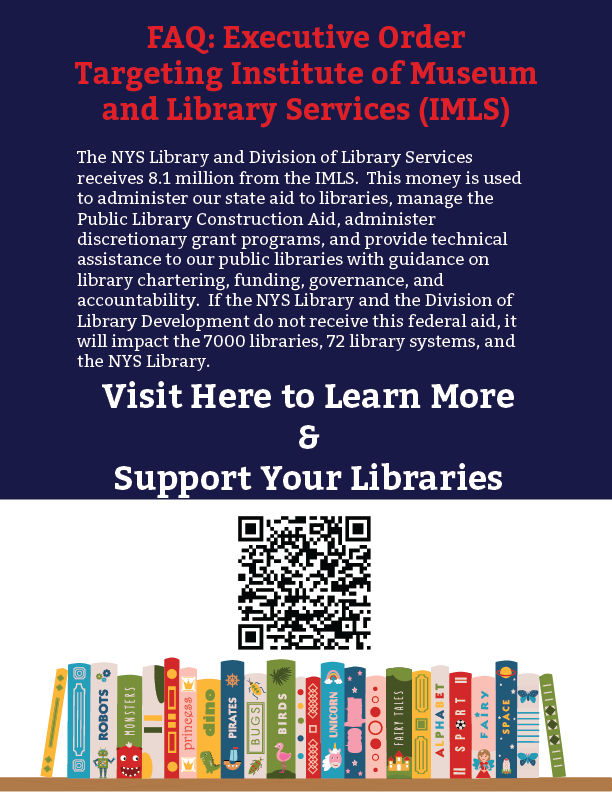
Category Archives: ALA
Crafting Meeting Room Policies
Crafting Meeting Room Policies that Keep You In Charge and Out of Court
November 4, 2015 @ 2 pm EST
Legal advocacy groups are threatening legal action and filing lawsuits against public libraries whose meeting room policies exclude religious worship or meetings that include religious activities.
In the last year, these organizations have contacted multiple different libraries about lawsuits regarding meeting room policies; including Lawrence Library in Massachusetts (settlement) and Wake County in North Carolina.
Theresa Chmara, general counsel for the Freedom to Read Foundation, and Deborah Caldwell Stone, deputy director for ALA’s Office for Intellectual Freedom, will discuss the First Amendment principles and legal precedents that underlie these lawsuits and provide practical guidance on crafting meeting room and other library policies that keep the library in charge of its meeting rooms while preserving users’ access and First Amendment rights.
Don’t wait until your library receives a lawsuit. Learn how to strengthen your policies now.
November 4th
2:00 PM EST — 1:00 PM CST — 12:00 PM MST — 11:00 AM PST
Register: http://www.ala.org/advocacy/meetingroomwebinar
Registration
Cost
- ALA member: $20
- Nonmember: $25
- Group: $120*
- Library System or Multiple Groups/Locations: Contact Kristin*
*For purposes of group registration, a group is defined as 6 or more people gathering in one room at one location to watch the webinar. We suggest that groups, especially larger groups, use a LCD/LED projector and speakers capable of amplifying the audio when viewing the webinar. If you’d like to purchase, this webinar for a library system please contact Kristin for pricing options.
Neither individual nor group registration includes permission to rebroadcast or redistribute this webinar. Thank you for your cooperation.
Using Door-to-Door Marketing for Library Card Sign-Ups: Free Webinar
“How did your library card sign-ups go this year? Join us at 12 p.m. eastern time on Wednesday, Oct. 21, for a free webinar to learn about a new and innovative way to increase library card sign-ups all year long, not just during Library Card Sign-up Month in September.
This webinar will offer marketing strategies for getting outside of your library to break down the barriers that keep people from opting in to a library card. Learn how to dramatically improve your library’s visibility in the community by taking a page from the best political campaigns and going door-to-door to sign people up. The webinar will also provide effective ways to bring this new idea of building awareness to your board and administrators. You will hear directly from librarians who’ve used these strategies successfully in their communities. Their door-to-door engagement tactics can be part of your library’s ongoing advocacy efforts.
Register now!
There is no cost to attend the webinar, but registration is required. Participation is limited to the first 100 participants who arrive in the virtual room prior to the start of the webinar, but the webinar will be archived and accessible to ALA members.